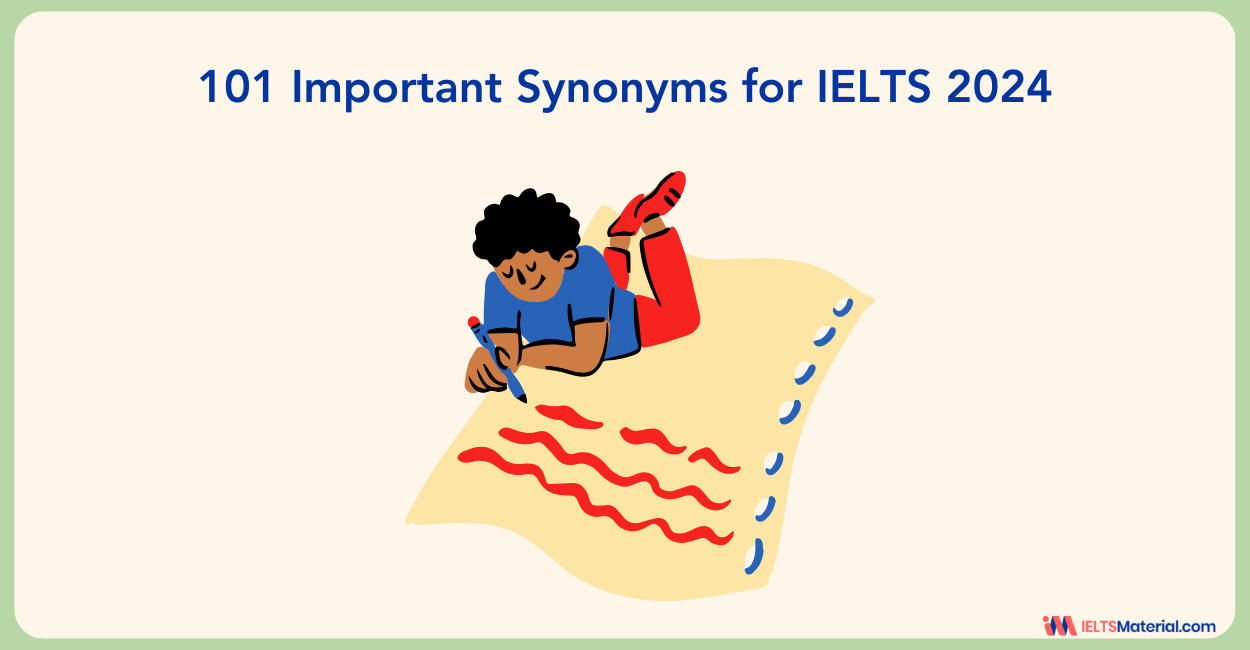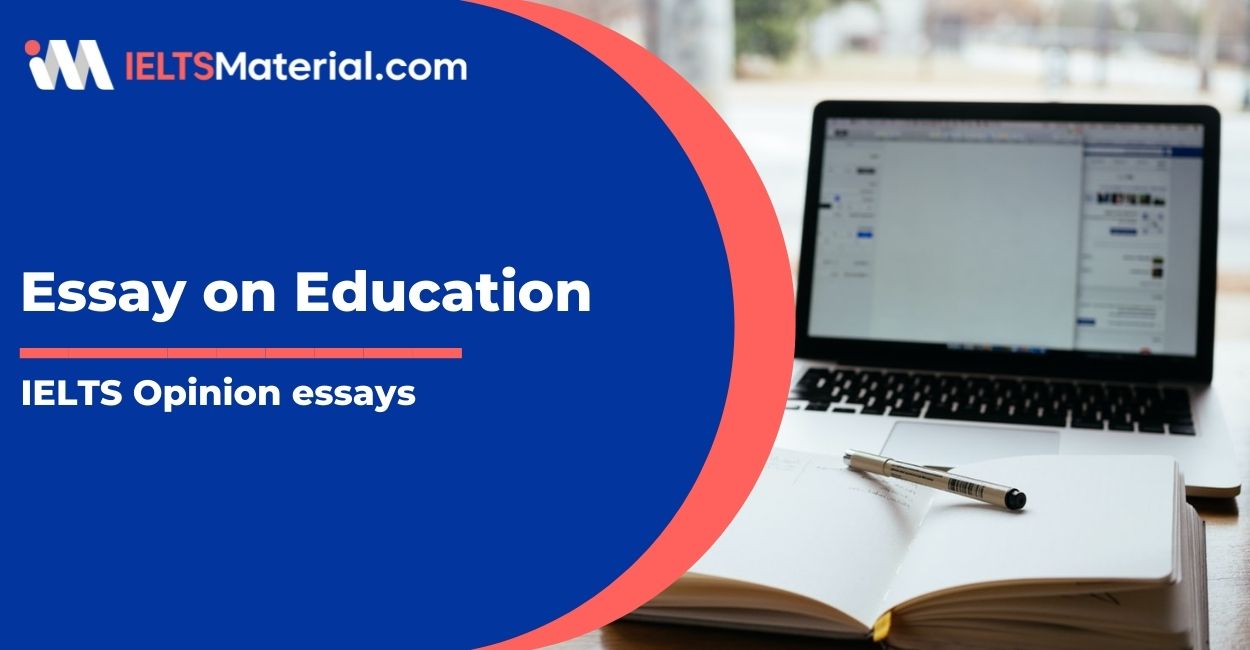List of 20 Important Collocations for IELTS Writing
Collocations are crucial for mastering English, especially for IELTS Writing. This article provides 20 useful collocations, such as "play a crucial role" and "make significant contributions," to enhance vocabulary and improve IELTS Writing Task 2 scores.
Table of Contents
Get a Complimentary IELTS Speaking Strategies PDF
It is widely acknowledged that collocations play an important role in second language learning, particularly at the intermediate and advanced levels. However, it is noticeable that IELTS learners often face difficulties when it comes to collocations, which can be defined as the natural combination of words or the correct arrangement of words in a sentence. They enhance the improvement of learners’ oral communication, listening comprehension, and reading speed, and that teaching collocation enables learners to be aware of language chunks used by native speakers in speech and writing.
On that note, IELTS test takers should make the most of the collocations to ace the IELTS Writing test. It means IELTS learners shouldn’t only learn individual words by themselves,but should also focus on what other words they are used with. So, this article about collocations on this website will equip you with 20 useful collocations to build up your vocabulary & maximize your IELTS band score.
20 collocations that you can use to improve your essay in IELTS Writing Task 2
Have a look at the list of 20 collocations to boost your IELTS Writing Task 2 score and improve your overall writing score as well.
1. To play/have a(n) important/key/vital/crucial role in (doing) something to play an important part in something
- University education plays a crucial role in improving the quality of the human workforce.
2. To make significant/substantial/valuable/great/outstanding contribution to sth
- The medical advances have made outstanding contributions to the public’s health care.
3. To solve the problem
- Whoever created this problem should solve it.
4. To be key factors influencing something
- The number of vehicles used is the key factors influencing pollution.
5. To reap the benefits (of something) – gain benefit from something/ make the most of something
- The customers reap the benefits of globalization.
6. To be a contributing factor: to be one of the main causes of something
- The vaccination program has been a contributing factor in the improvement of health standards.
7. To contribute to something
- Alcohol contributes to 100,000 deaths a year in the US.
8. To gain/derive benefit (from sth)
- Many students derived enormous benefit from the course.
9. To have a right to do something = to be entitled to do something
- Everyone should have the right to freedom of expression.
- Full-time employees are entitled to receive health insurance.
10. To benefit greatly/enormously/considerably from something
- Many thousands have benefited considerably from the new treatment.
11. To have/enjoy/achieve a huge/great success in doing something
- We want all our students to achieve huge success in the exam
12. To launch a full-scale investigation into something
- The authorities are planning to launch a full-scale investigation into the crash.
13. To meet the need of/demand
- The charity exists to meet the needs of elderly people.
14. To fulfil a role/duty/function/ an aim/a goal/an objective/dream/ambition/hope
- Visiting Disneyland has fulfilled a boyhood dream.
15. To fulfil a requirement/condition/obligation
- Britain was accused of failing to fulfil its obligation under the EU Treaty.
16. To fulfil a promise/pledge = to keep a promise
- I’d like to see him fulfil his promise to reorganize the army.
17. To satisfy somebody’s needs/demands/desires/requirements
- The program is designed to satisfy the needs of adult learners.
18. To have/gain knowledge/understanding of something
- The need to gain knowledge about birth control.
19. To have/make common cause (with/against)
- S officials expect other Western governments to make common cause with them over the arrests.
20. To cause somebody to do something
- What caused you to change your mind?
Also Check:
Explore IELTS Writing
Bonus IELTS Speaking part questions with Answers
Explore other Writing Articles

Janice Thompson
Recent Articles

Nehasri Ravishenbagam
Whitney Houston

Raajdeep Saha






Post your Comments